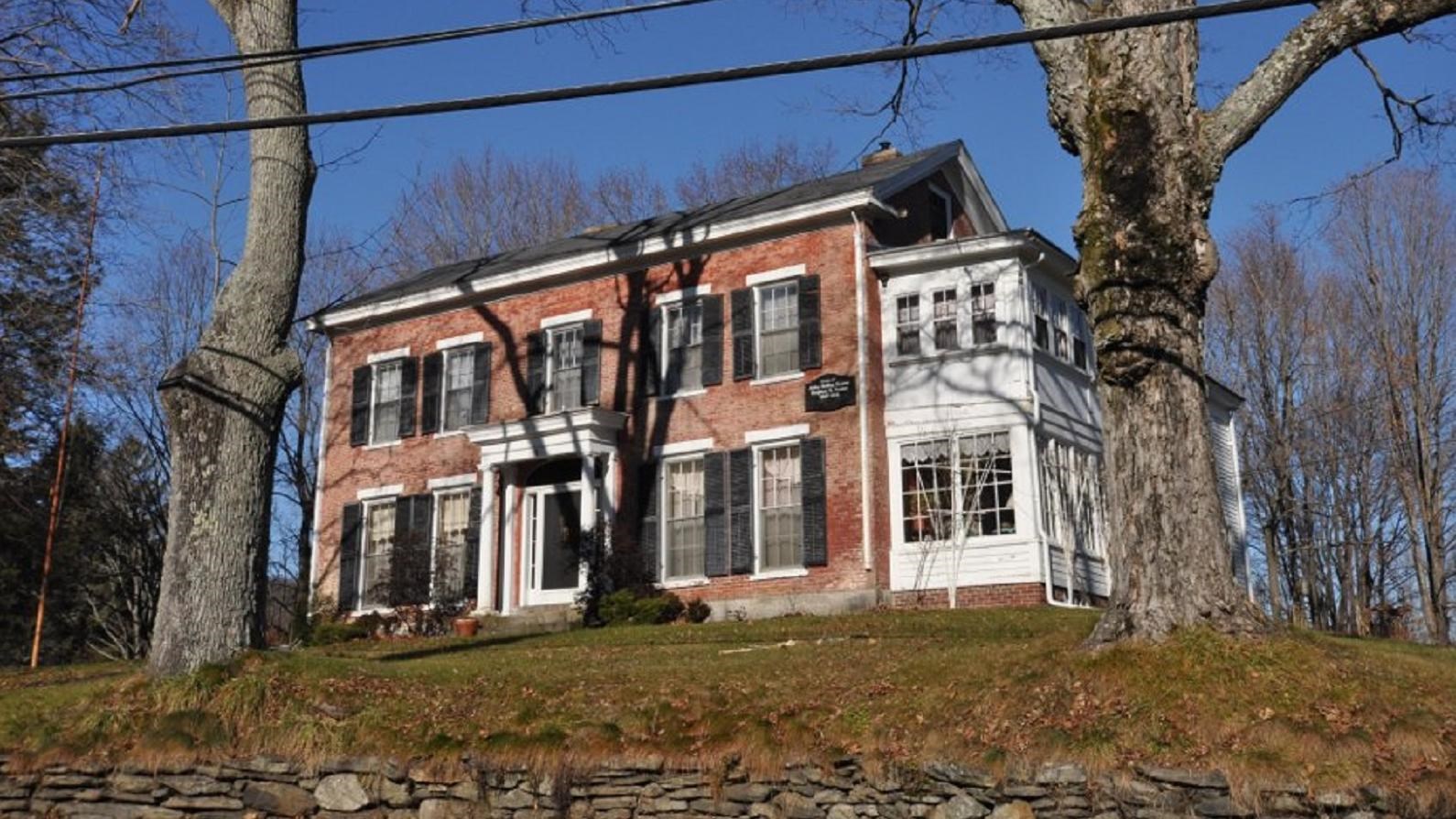Last updated: August 6, 2021
Place
Liberty Farm

By User:Magicpiano, CC BY-SA 4.0, https://commons.wikimedia.org/w/index.php?curid=23146418
Designated a National Historic Landmark in 1974, Liberty Farm is significant for its association with abolitionist and women’s rights advocate Abby Kelley Foster. She and her husband, Stephen Symonds Foster, lived on the farm from 1847 until 1881.
Born in Pelham, Massachusetts in 1811, Abby Kelley’s Quaker upbringing influenced her outlook on life. In addition to opposing slavery, many Quakers believed in equal educational opportunities for men and women. Kelley received an advanced education, including instruction in spelling, grammar, botany, and astronomy.
In 1838, Kelley made her first public speech at an anti-slavery convention in Philadelphia. At the time, it was unusual for a woman to speak in public, let alone address a crowd of male onlookers. Her speeches were so effective that she become a highly sought-out lecturer.
Kelley married fellow abolitionist Stephen Symonds Foster in 1845. Several years later, the couple jointly purchased Liberty Farm in Massachusetts. The Kelley Foster family aided freedom seekers traveling the Underground Railroad. They used their home to hide those fleeing bondage. Liberty Farm also served as a meeting place where Kelley Foster hosted other abolitionists.
Abby Kelley Foster was often ill in her later years and did not travel or lecture. She did, however, continue to advocate for women’s rights. As Kelley did not have the legal right to vote on how her tax money was spent, she refused to pay property taxes from 1874 to 1879 as a form of protest. As a result, her house and cows were seized by the state and auctioned off several times. To show their support, Kelley’s friends purchased Liberty Farm and gifted it back to her.
Abby Kelley Foster lived at Liberty Farm until her death in 1887.
Bibliography:
Sterling, Dorothy. Ahead of Her Time: Abby Kelley and the Politics of Antislavery. New York: W. W. Norton & Company, 1991.
“Abby Kelley Foster,” National Abolition Hall of Fame and Museum, https://www.nationalabolitionhalloffameandmuseum.org/abby-kelley-foster.html
Liberty Farm National Register of Historic Places Nomination, https://npgallery.nps.gov/AssetDetail/NRIS/74002046
“Who was Abby Kelley Foster?” Worcester Women’s History Project, http://www.wwhp.org/activities-exhibits/yours-humanity-abby/who-was-abby-kelley-foster
The content for this article was researched and written by Dr. Katherine Crawford-Lackey.
